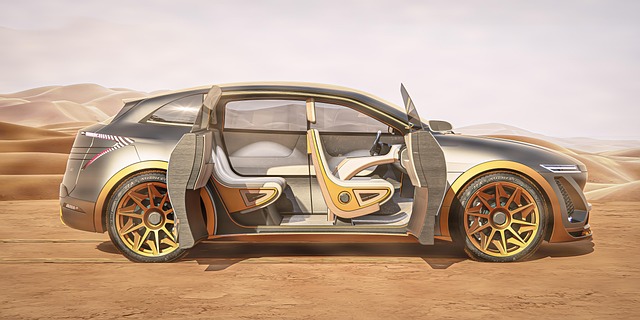What is an EV?
Electric vehicles (EVs) run on electricity and an electric motor instead of traditional fuel-powered engines. They are almost silent because there is no clutch or gears, making them ideal for driving in cities. Because they are powered by electricity, EVs emit zero 'tailpipe' emissions.


Types of EVs
EVs come in three main categories:
- Battery Electric Vehicles (BEVs): Fully electric, powered by rechargeable batteries, and produce zero tailpipe emissions.
- Plug-in Hybrid Electric Vehicles (PHEVs): Combine an electric motor with a petrol or diesel engine, allowing for low emissions depending on the power source.
- Hybrid Electric Vehicles (HEVs): Use an internal combustion engine (ICE) and an electric motor, improving fuel efficiency and reducing emissions.
Benefits of EVs
There are lots of benefits of using an electric vehicle instead of a petrol or diesel one. These are:
- Cleaner environment
- No congestion charge
- Lower running costs
- Renewable electricity tariffs
- Better driving experience
- Government funding
- Free parking
- Reduced noise pollution
- Increased resale value

EV Grants
There are a few schemes that help people switch to driving electric cars. Government grants include help with charging points at home and at work and buying a new EV.
Currently, the Office for Zero Emission Vehicles (OZEV) is offering four grants to help fund electric cars and EV chargers:
- Electric Vehicle Homecharge Scheme (EVHS) - grant contributing to the cost of charging point installation at home.
- Workplace Charging Scheme (WCS) - helps businesses with the upfront cost of charger installation.
- On-street Residential Chargepoint Scheme (ORCS) - support for local authorities looking to install on-street residential car chargers.
Plug-in Car Grant (PICG)
This grant is available through car manufacturers and dealerships, which pass the discount on to customers. Learn more about it.